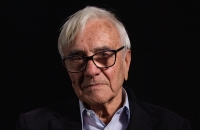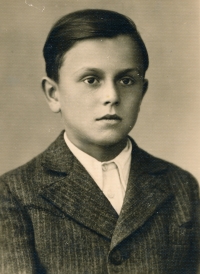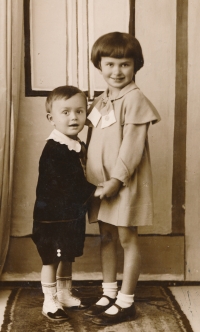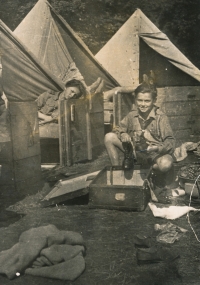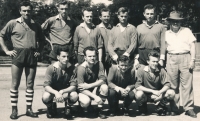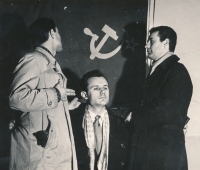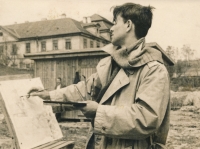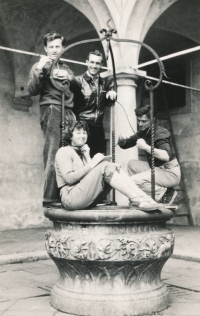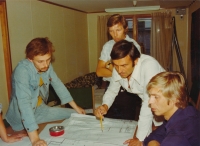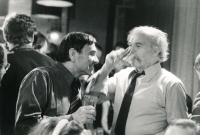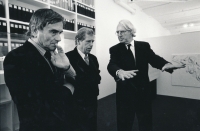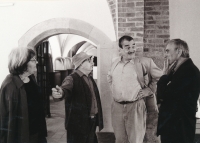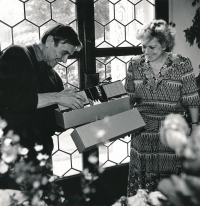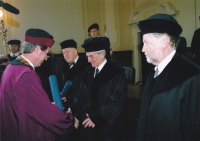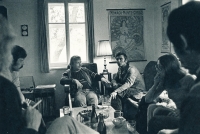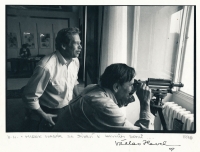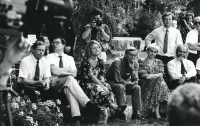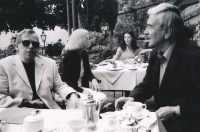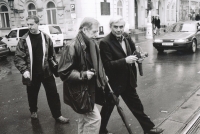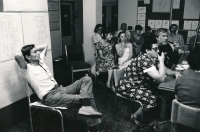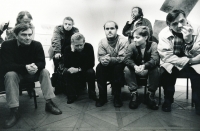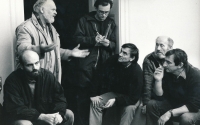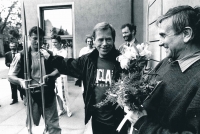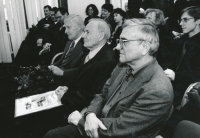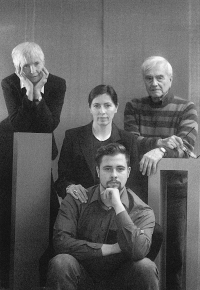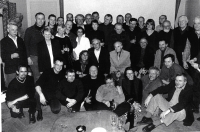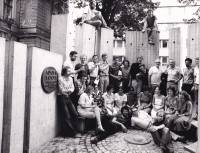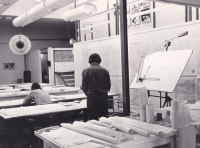Life is just a fluke
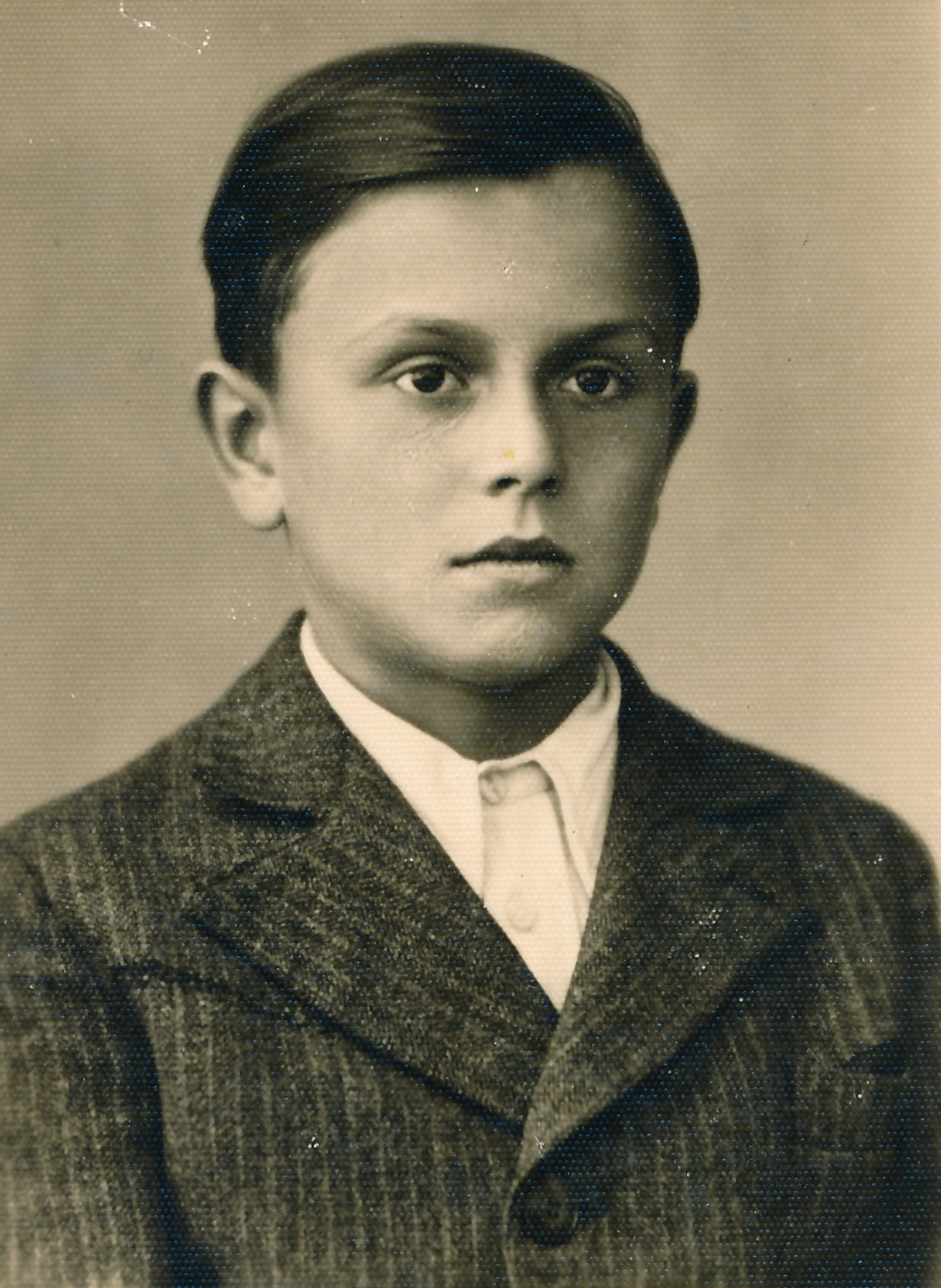
Download image
Miroslav Masák was born on May 23rd of 1932 in Úvaly, where he has been living for most of his life. At the end of the Second World War, he couldn´t go to school, as nearby railway had been bombed regularly and the Wehrmacht would take over the gymnasium building. He witnessed citizens of Úvaly being massacred in numbers by the retreating SS units at the end of the war. For his whole life, he has been a sportsman – a league handball player, an athlete, a skier and he also had exercised at the All Sokol Rally. He was also a Scout Unit member and briefly after the war, he attended the Scout Jamboree in Poděbrady. Despite the fact that it could be said that he ended up studying architecture by accident, he had become one of the most respected Czech architects. Among his most well-known projects are the shopping mall Máj in Praha and shopping centre Ještěd in Liberec, residential complex Šanov in Teplice or the presidential office at the Pražský hrad (Prague Castle). He co-founded the world-famous SIAL studio in Liberec and also Školka, the unique postgraduate studio, which has been operating to this day. In the late 60s, he befriended Václav Havel. In August 1968, he helped to organise a non-violent protest against the Soviet occupation of Liberec. After the mass ‘screenings’ that were the part of the ‘normalisation’ process, he was banned from traveling abroad, he lost all positions in both public and professional sphere, but he could still work as an architect. He attended dissident meetings regularly, as well as parties and concerts at Hrádeček, Václav Havel´s summer house. He had been under constant surveillance by the Secret Police. In the mid 80s, he had been given a suspended sentence for a harmless misdemeanour as a punishment for his involvement in the dissident movement. After November 17th 1989, he was active in the Občanské fórum´s (Civic Forum) coordination centre. After the Velvet Revolution, he was the advisor to President Václav Havel for several years and he had contributed greatly to the Pražský hrad (Prague Castle) being opened to public.
